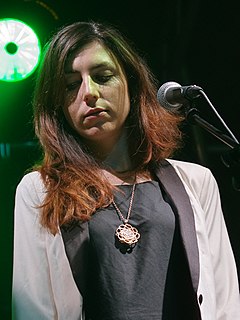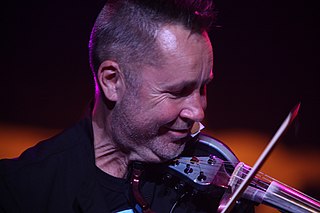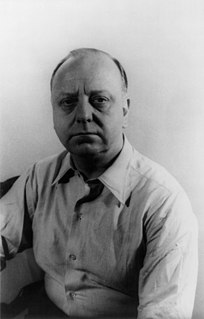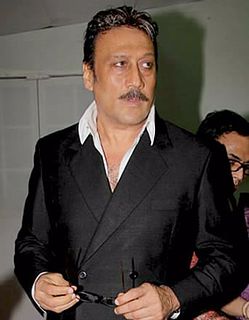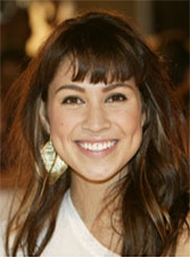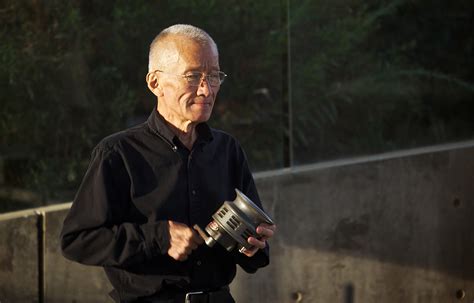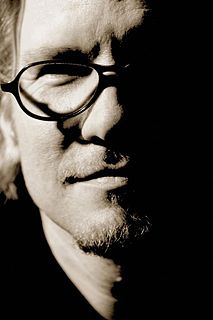A Quote by Julia Holter
I started writing music as a composer in school, in the classical tradition.
Related Quotes
I got into one of the Scottish classical styles called piobaireachd, which is a very old music that started around the 1700s or something. I really got into this music. After that, I started to compose bagpipe music in my notations. Then I started building bagpipes by myself, and then I started to perform with the instrument myself in the 1980s.
In India, I have been called a 'destroyer.' But that is only because they mixed my identity as a performer and as a composer. As a composer I have tried everything, even electronic music and avant-garde. But as a performer I am, believe me, getting more classical and more orthodox, jealously protecting the heritage that I have learned.
I started piano lessons at age six but didn't take music seriously until I was a teenager, when I thought about a career in music. I studied classical music, and my instruments were guitar and piano. I played keyboards in bands, and after high school I went to Vienna to study at the Academy of Music. I also became a session player, which culminated in my work with Tangerine Dream.
When I'm writing a play I hear it like music. I use the same indications that a composer does for duration. There's a difference, I tell my students, between a semi-colon and a period. A difference in duration. And we have all these wonderful things, we use commas and underlining and all the wonderful punctuation things we can use in the same way a composer uses them in music. And we can indicate, as specifically as a composer, the way we want our piece to sound.
